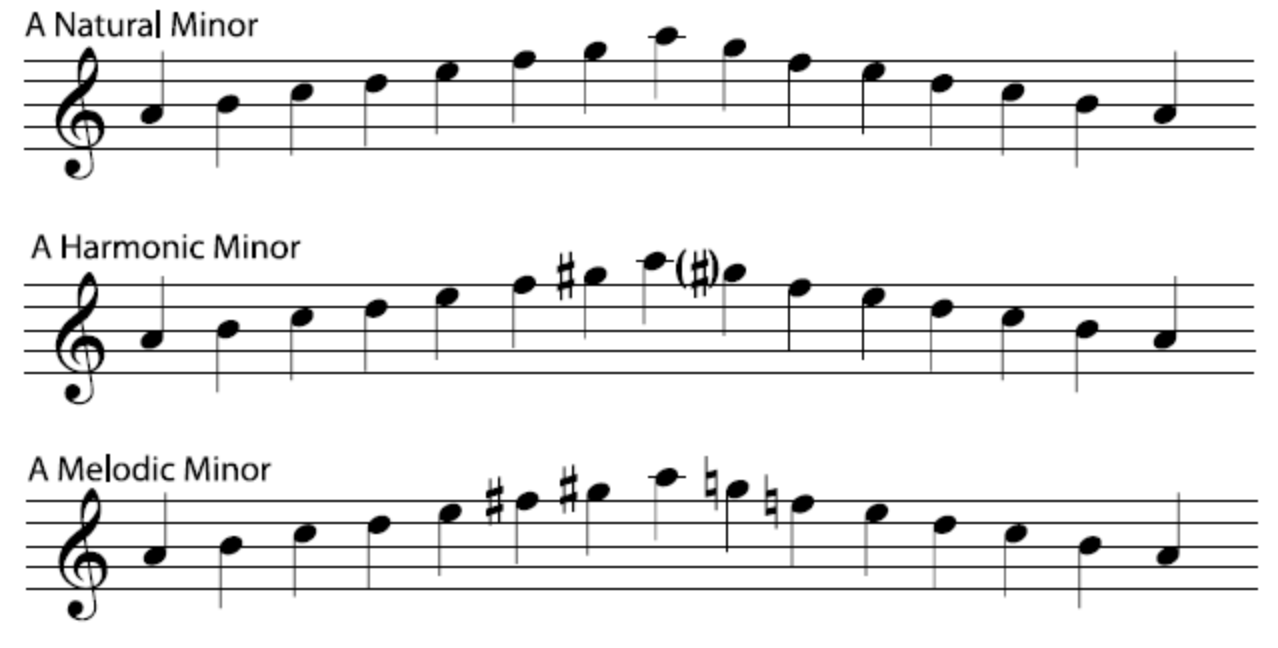Welcome to LivingPianos.com, I’m Robert Estrin. Today I’m going to address a question from a viewer. The viewer asks, “Can you comment on finger staccato and how this interacts with the wrists and staying closer to the keys as speed increases? I’m referring to the technique of flexing the fingers toward a more closed fist with each staccato note. The action requires suddenly scratching the keys or sliding the finger pads on the key tops. This is described as feeling like pulling the notes from the keys. I found this very valuable, but I seek more wisdom on integrating this with other techniques of speed and lightness.” This is a very interesting question. I get a lot of people asking about this idea of rubbing the keys. Indeed, there is something referred to as finger staccato.
What is finger staccato?
I’ve talked a great deal about staccato and how it’s performed from the wrist. Indeed most of the time staccato is performed from the wrist. The wrists are fundamental in playing staccatos on the piano. But sometimes there is an articulation that you want to achieve to get space between the notes, something that’s too fast for the wrists to accomplish. For example, in the Gigue, the last movement of Bach’s French Suite in G major, his fifth French Suite, you can play legato, but playing with a finger staccato creates a harpsichord like tonality to the punctuation of each note. It almost sounds faster, even playing at the same tempo, because of the delineation of each note.
Is this being done by sliding on the keys?
I don’t recommend sliding on the keys for a variety of reasons. First of all, key tops on different pianos are dramatically different from one another. On most pianos today you have composite plastic key tops. Some pianos have ivory. Ivory is a porous material that has more friction than plastic key tops. Also consider the dryness or the moisture on your fingertips. Dry fingers can really slide like crazy on ivory key tops. Sweaty fingers can slide a lot on plastic key tops. But the point is that you have different levels of friction on different key tops. So trying to rely upon rubbing the keys isn’t a reliable technique.
How do you achieve finger staccato?
You achieve finger staccato by staying very close to the keys and getting used to playing with spaces between the notes. You can practice this in your scales. Try practicing at a slower tempo, doing progressive metronome speeds, and keeping it very light. Avoid using the wrists! The wrists can’t go fast enough.
Practicing with staccato fingers is a phenomenal way of training your hand to play fast passagework because each note is articulated.
One of the tricks to getting clean finger work, whether it’s scales, arpeggios, or other types of passagework, is focusing on the release of notes. You want to have note lengths that are uniform throughout. The only way to achieve that is by playing with spaces between the notes. Playing all the notes very short from the fingers makes the maximum space between notes. Which later you can control, so you can have different lengths of spaces between notes. We think of practicing scales as a one-size-fits-all, but why not practice them detached or semi-detached? Ultimately, what makes music sound even is not just the attack of the notes, but the release of the notes as well. You want to have even durations of notes and even spaces between the notes, which can only be achieved by the fingers. By practicing with staccato fingers, it’s an extreme difference from legato playing. Then you can try to fill in all the touches between notes from staccato fingers to legato, so you can get any kind of phrasing you’re after in your playing!
That was a very interesting question! Maybe I didn’t give the answer you expected. I hope this is interesting for you and valuable for your piano playing, as well as your practice. Practicing a piece that has a lot of finger work with all staccato fingers is a heck of a workout for you! And it’s a great way to strengthen your piano playing. I’m Robert Estrin here at LivingPianos.com, Your Online Piano Resource.
For premium videos and exclusive content, you can join my Living Pianos Patreon channel! www.Patreon.com/RobertEstrin
www.LivingPianos.com
www.Facebook.com/LivingPianos
949-244-3729




